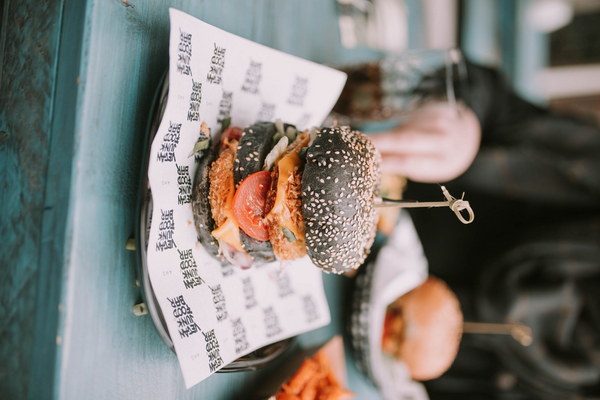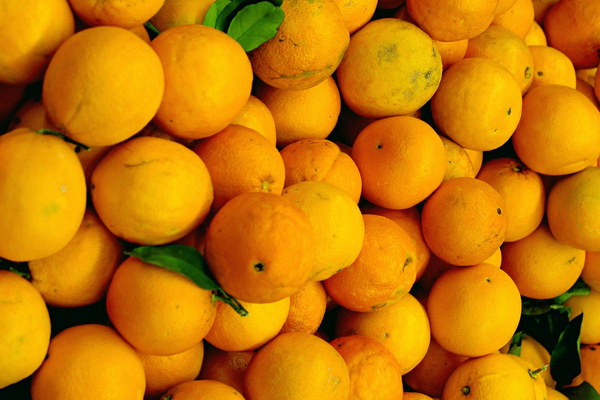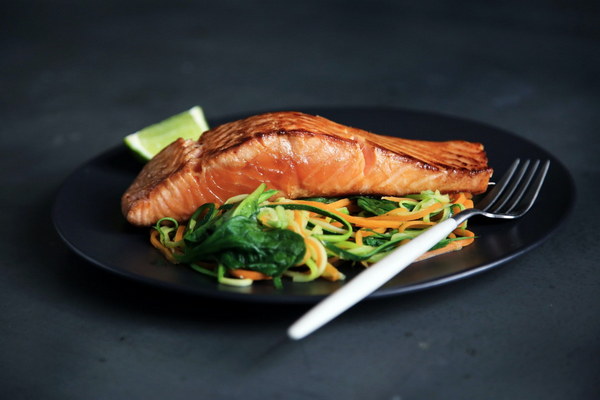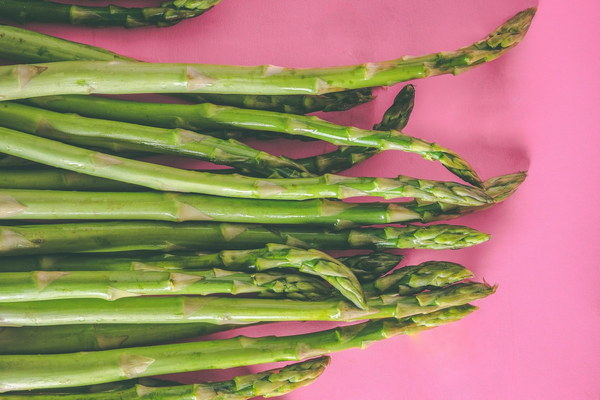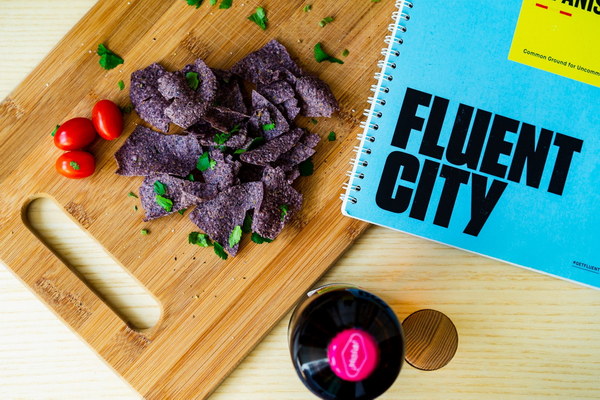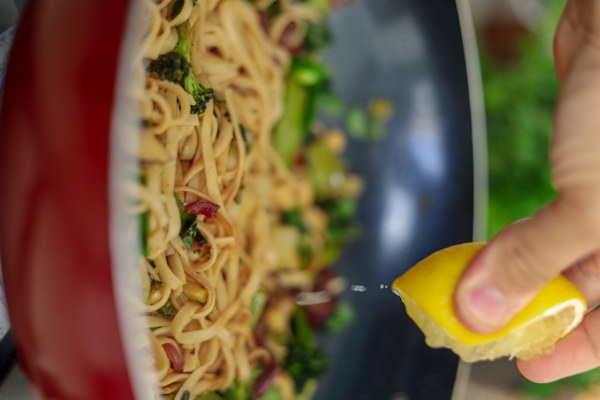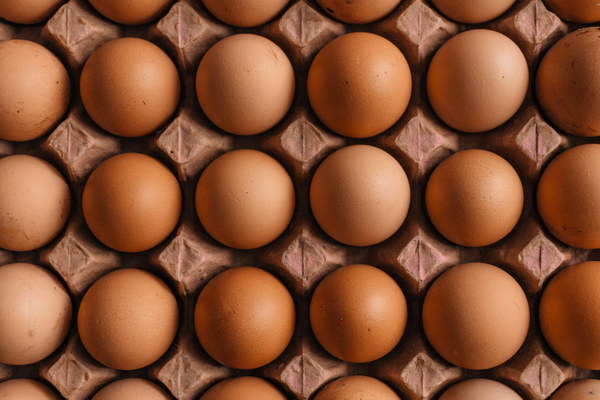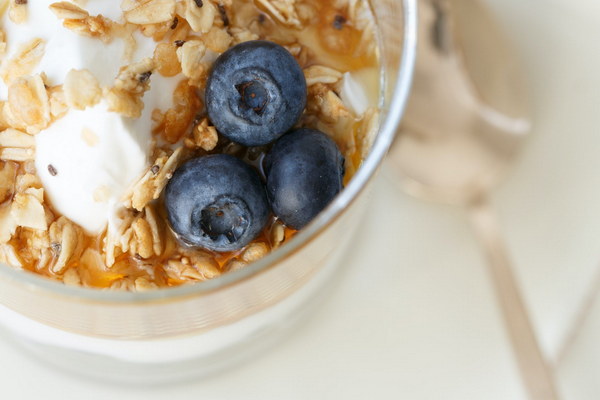Nourishing Your Way to Health What to Eat for Faster Body Recovery
Introduction:
In today's fast-paced world, taking care of our health is more crucial than ever. One of the most effective ways to enhance our well-being is through proper nutrition. Eating the right foods can accelerate body recovery, leaving us feeling rejuvenated and energized. In this article, we will explore the power of food and provide you with a comprehensive guide on what to eat for faster body recovery.
1. Protein: The Building Blocks of Recovery
Protein is essential for muscle repair and growth, making it a vital nutrient for those seeking faster recovery. Including lean sources of protein, such as chicken, fish, tofu, and legumes, in your diet can help you bounce back from workouts or injuries more quickly. Aim to consume around 1.6 to 2.2 grams of protein per kilogram of body weight daily.
2. Hydration: The Foundation of Health
Water is crucial for maintaining optimal body function and aiding in recovery. Staying hydrated helps transport nutrients to your muscles, remove waste products, and support overall recovery. Aim to drink at least 8-10 glasses of water per day, and increase your intake if you engage in intense physical activity.
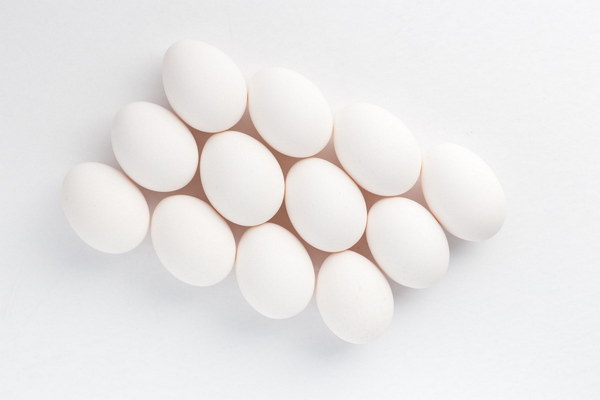
3. Fruits and Vegetables: Nature's Medicine
Fruits and vegetables are rich in vitamins, minerals, and antioxidants that can support your body's healing process. Incorporate a variety of colorful produce into your meals to ensure you receive a wide range of nutrients. Some fruits and vegetables that are particularly beneficial for recovery include blueberries, strawberries, kale, spinach, and bell peppers.
4. Healthy Fats: The Powerhouse of Recovery
Healthy fats, such as those found in avocados, nuts, seeds, and olive oil, are essential for absorbing fat-soluble vitamins and supporting overall health. These fats can also help reduce inflammation and promote faster recovery. Aim to include a small portion of healthy fats in each meal.
5. Whole Grains: Fueling Your Recovery
Whole grains, such as brown rice, quinoa, and whole-wheat bread, provide a steady supply of energy and essential nutrients. They are also rich in fiber, which can aid in digestion and help you feel full longer. Incorporate whole grains into your diet to support your recovery efforts.
6. Fermented Foods: Probiotics for Gut Health
Fermented foods, such as yogurt, kefir, sauerkraut, and kimchi, are packed with probiotics that promote a healthy gut. A well-functioning gut is crucial for nutrient absorption and overall health. Including fermented foods in your diet can help improve your immune system and support faster recovery.
7. Anti-Inflammatory Foods: Reducing Pain and Swelling
Inflammation is a natural response to injury or stress, but excessive inflammation can slow down the recovery process. Foods rich in omega-3 fatty acids, such as fish, flaxseeds, and chia seeds, as well as anti-inflammatory compounds found in turmeric and ginger, can help reduce pain and swelling. Incorporate these foods into your diet to speed up your recovery.
Conclusion:
By focusing on a balanced diet that includes protein, hydration, fruits and vegetables, healthy fats, whole grains, fermented foods, and anti-inflammatory foods, you can support your body's recovery process. Remember, the key to faster recovery is not just about what you eat but also about maintaining a consistent and nutritious diet. Listen to your body's needs and make adjustments to your diet as required. With the right food choices, you'll be well on your way to a healthier, stronger, and more resilient body.


